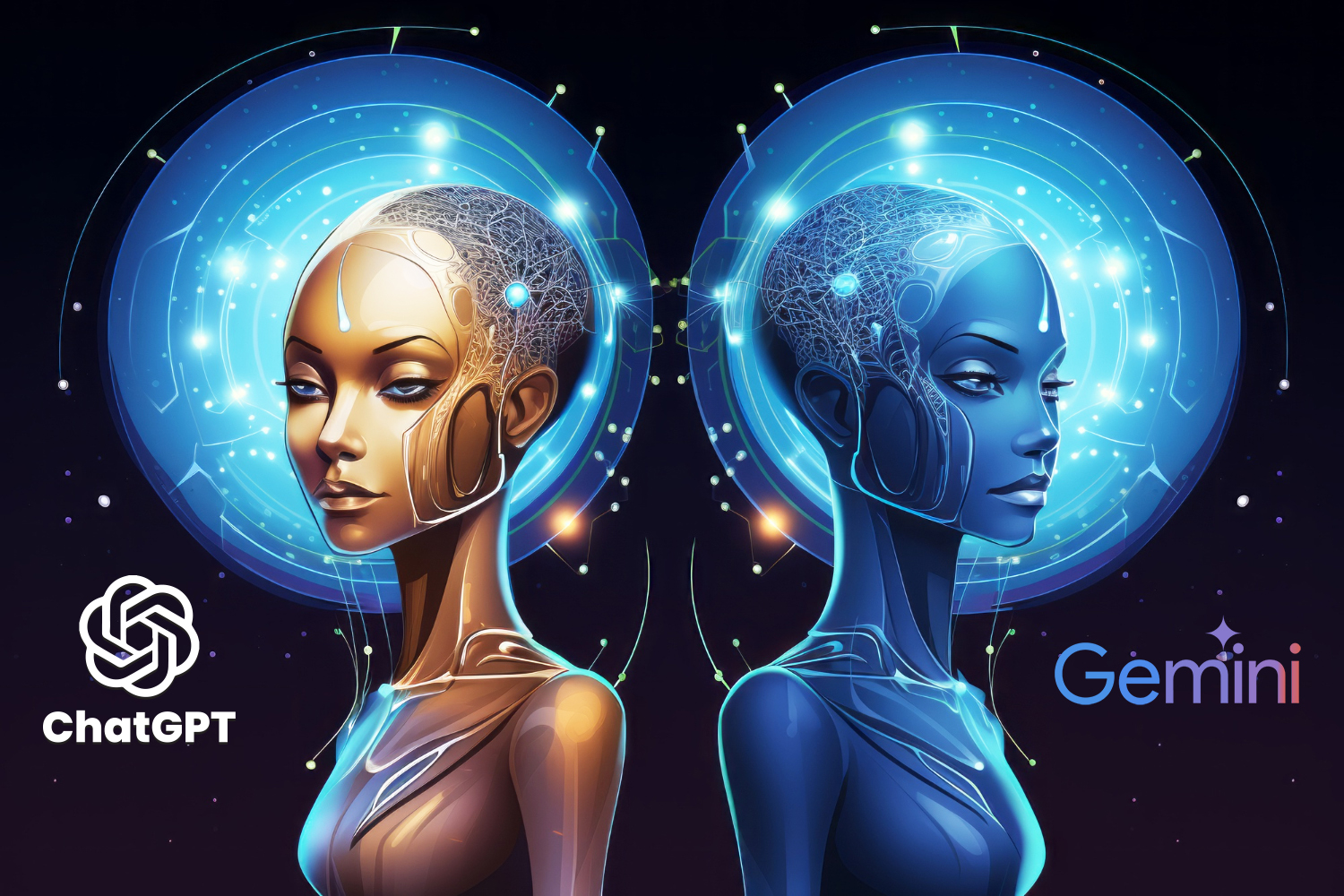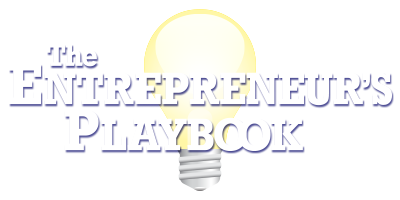The realm of artificial intelligence, particularly in large language models (LLMs), has undergone rapid and transformative advancements in recent years. ChatGPT, developed by OpenAI, has undeniably played a pivotal role in popularizing and shaping this field. However, the AI landscape is increasingly competitive, with numerous players emerging to challenge ChatGPT’s dominance. This article delves into the advantages and disadvantages of ChatGPT, compares it to its competitors—including Google’s Gemini and Anthropic’s Claude—and explores the companies behind these powerful AI tools.
ChatGPT: A Pioneer and a Powerhouse
ChatGPT has garnered widespread attention for its ability to generate human-quality text, translate languages, write creative content, and answer questions informatively. Its versatility and accessibility have made it a valuable tool across various applications, from content creation and research to customer service and education.
Advantages of ChatGPT
- Versatility: Capable of performing a wide range of tasks, from writing essays to generating code.
- Natural Language Understanding: Demonstrates a strong grasp of context and nuance in human language.
- Scalability: Adapts well to handle large datasets and complex tasks.
- Continuous Improvement: Benefits from ongoing training and updates, enhancing its capabilities over time.
Disadvantages of ChatGPT
- Hallucinations: May generate incorrect or misleading information.
- Bias: Can exhibit biases present in the training data.
- Limited Real-World Understanding: Struggles with complex real-world concepts or situations.
- Computational Demands: Requires significant resources to train and operate effectively.
The Competition: A Growing Field
The emergence of several powerful LLMs has set the stage for vibrant competition. Each contender brings unique strengths and weaknesses to the table:
Google’s Gemini
Google’s Gemini stands out as a particularly noteworthy competitor, with the potential to surpass ChatGPT in several areas. Designed to be more versatile, Gemini can handle a wider array of tasks that require reasoning, planning, and problem-solving. Notably, it is also expected to be more efficient, demanding fewer computational resources than its predecessors.
Anthropic’s Claude
Another key player is Anthropic’s Claude, which focuses on safety and ethical considerations in AI. Claude is designed to be user-friendly and aims to minimize harmful outputs while maintaining high-quality responses. Its conversational style and alignment-focused training make it an appealing choice for users concerned about the ethical implications of AI.
Advantages of Claude
- Safety and Alignment: Strong emphasis on generating safe and aligned responses.
- User-Focused Design: Prioritizes ease of use and understanding, making it accessible to a broad audience.
- Transparent Processes: Claude’s developers emphasize transparency in how the model was trained and its operational limitations.
Disadvantages of Claude
- Narrower Focus: May not be as versatile in handling a wide range of tasks compared to ChatGPT or Gemini.
- Performance Trade-Offs: The focus on safety can sometimes lead to conservative responses, potentially limiting creativity.
Other Competitors
- Meta’s OPT-175B: A large-scale model aimed at research, offering impressive performance across various benchmarks.
- DeepMind’s Gopher: Another strong competitor, Gopher excels in question answering and summarization tasks.
The Companies Behind the AI Revolution
The development of these powerful LLMs is spearheaded by several leading technology companies:
- OpenAI: The creator of ChatGPT, OpenAI focuses on developing and promoting friendly artificial general intelligence.
- Google AI: Google’s research division is responsible for cutting-edge AI technologies, including LaMDA and Gemini.
- Anthropic: Founded by former OpenAI employees, Anthropic prioritizes safety and ethical considerations in AI development.
- Meta AI: Formerly known as Facebook AI Research, Meta AI concentrates on advancing AI research and developing AI-powered products and services.
- DeepMind: A subsidiary of Alphabet, DeepMind is renowned for its pioneering work in reinforcement learning and other AI techniques.

Conclusion: A Dynamic Landscape
The field of AI LLMs is evolving rapidly, with new models and applications emerging consistently. While ChatGPT has played a significant role in popularizing this domain, it is no longer the sole dominant player. The competition is fierce, with models like Google’s Gemini and Anthropic’s Claude offering compelling alternatives.
As companies like Google and Anthropic continue to invest heavily in AI research and development, we can anticipate even more impressive advancements in the years to come. In this ever-shifting battleground, the question remains: how will ChatGPT adapt to maintain its relevance amidst formidable competitors? Only time will tell, but one thing is clear: the race for AI supremacy is just getting started.
